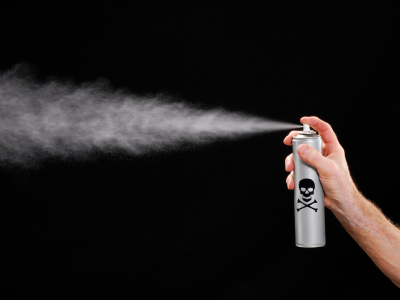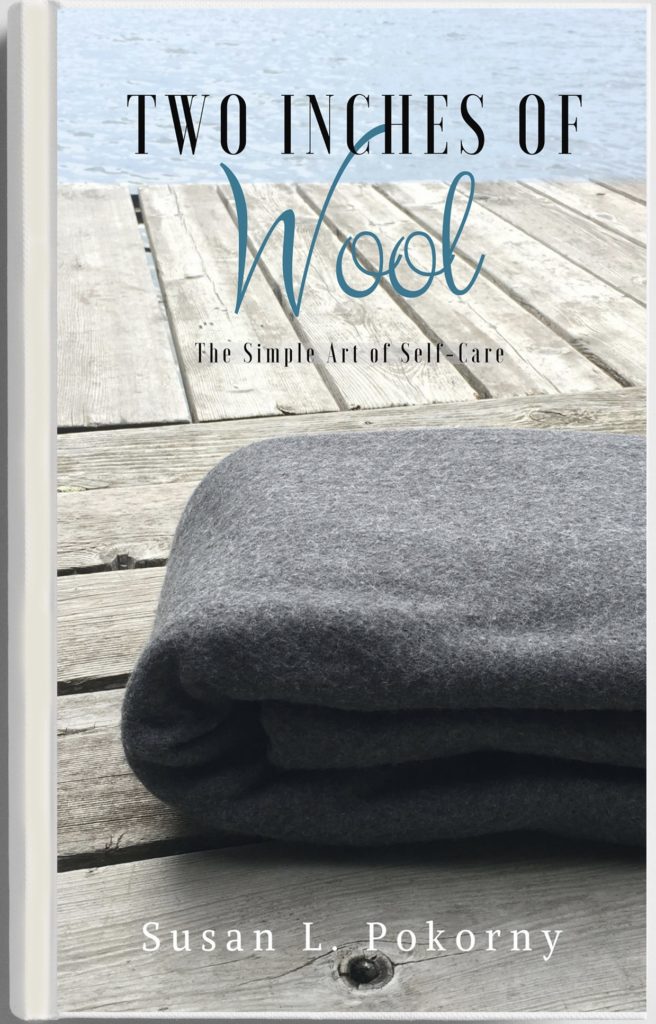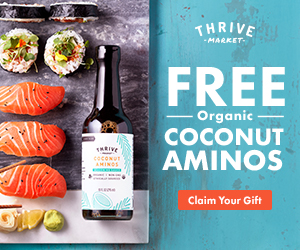The essential oil industry is booming. Like the 100th monkey & Social Change, many are suddenly seeing a sense of urgency to learn about these natural substances. One company years ago made it their mission to “have essential oils in every home”. At the time I thought that seemed like a good idea, but as I continue to consider the reality of it I have doubts if that really is a positive goal.
The issue is really two-fold: product purity and supply. The essential oil industry has historically operated with the addition of fillers and synthetic ingredients to pure essential oils. Essential oils fall into two categories: perfume grade and Therapeutic Grade. Perfume grade essential oils are not labeled as such but may have synthetic ingredients added without clear labeling. The Truth in Labeling Law of 1967 exempts “fragrance” from labeling laws to protect “Trade Secrets”. Was this the point that US government agencies began tipping their focus to protecting business interests over public health? Just take a quick search at the bills and amendments that have been written over the past 30 years and you’ll see it is becoming a heated, uphill battle for the general population to receive accurate information on consumer goods. The FTC has also been pushing hard to “clean up” websites and almost limit our freedom of speech, some of it well-intended to protect consumers from “false and misleading advertising claims” (including any “disease claims” linked with natural substances that only a medical doctor should treat, at the same time Natural Doctors are being silenced or discredited to steer attention away from natural remedies and truthful information).
Despite these battles, we can make a difference. Together we can stand for Truth, Truth in Labeling and Truth in Speech. Together we can hold on to our rights to share historical home remedies that are used in other cultures to keep people healthy and well. Together we can hold manufacturers accountable to what they are selling to consumers – if we speak up and take action. Attention on Monsanto has given consumers confidence to require the truth in labeling of GMOs and GE foods but there are many natural substances like essential oils that are still falling under the radar. The synthetic oil industry is increasing advertising, production and distribution of inferior essential oil-type products to join the hype and boost sales. As long as consumers purchase these perfume-grade products, the production will continue along with the pollution of our natural resources to produce and consume these goods not unlike overuse of drugs and pharmaceuticals.
Yes, individuals use these products, but they do eventually get excreted into our sewage systems, water supplies and soil and it is in these contaminations we all will suffer the consequences of excessive consumerism. Whether the resources are synthetic or pure & natural, overusing consumer goods to promote sales will only deplete our natural resources more quickly. If you give some people a hammer, everything is a nail, whether those nails are products with endless amounts of synthetic ingredients added or over-using essential oils to try and solve every problem. What can you do to encourage manufacturers to produce quality essential oils without fillers or additives? What can you do to use essential oil responsibly to protect our natural resources?
1. Purchase essential oils from a reputable company that tests the purity of their essential oils. A food grade essential oil that is Therapeutic Grade and contains the proper chemistry is the best quality essential oil to invest in. Resist the temptation to purchase cheap, low quality oils which will eventually enter our water supply and encourage continued production of inferior oil/type products.
2. Lessen or ideally eliminate the purchase of fragranced products Synthetic fragrance has been found to disrupt hormones, our endocrine system and brain health. We do not know the consequences of combining synthetic fragrance chemicals with over the counter and pharmaceutical drugs, but the evidence is showing up in our waterways and in wildlife. Manufacturers have identified active ingredients in essential oils and made synthetic versions that are cheaper to produce without the efforts of working with natural plant materials. d-Limonene is the active ingredient in many essential oils like Lemon & Lime, researched for it’s support in cancer therapies. It is also a common ingredient in synthetic fragrance that has been linked with skin and respiratory irritation, while the naturally occurring molecule is a cancer-fighting substance in the whole plant form. Essential oils can be filled with synthetics that smell similar (d-Limonene synthetic) and not be labeled clearly to consumers. If you see a product labeled with “Limonene” or other plant oil component, there is no way for consumers to know if this is from a synthetic or real plant material. It would be prudent to assume it is a synthetic since a manufacturer would benefit from identifying pure plant materials on a label if it were true.
3. Purchase products from companies that support sustainable farming practices Ideally one that owns farmland and is investing in our natural resources, not just depleting them for consumerism. It is easy to lose site of where our goods come from when we just purchase items via our computers or local warehouse stores where goods are in excess. Product manufacturing of natural resources has to come from somewhere and there is little accountability from the general population to require manufacturers to produce goods in ethical ways that honor the land. China is polluted from the manufacture of worldwide goods, land in third world countries can be shaved to produce essential oils that US consumers want and local economies are left with depleted resources if manufacturers are not practicing ethical and fair trade practices. Support the companies that are leaders in protecting our world-wide natural resources and honoring other cultures where we might partner in business to help improve local economies. Support the companies that are investing in our natural resources and giving back.
4. Use your essential oils with care We have access to so many manufacturers that as Americans it can be easy to fall into consumerism mode and just use up what we have because we have easy access to it. Our natural resources are not endless, the sooner we consume a seasonal supply of quality essential oils the sooner the supply will run out or manufacturers will substitute synthetics and inferior ingredients to keep goods in supply. Essential oils are potent, powerful substances. Your body will also excrete what is not used. Your body can really only metabolize a couple of drops of essential oil an hour, so to use 3, 5 or more drops each use is just excessive and wasteful. The food grade essential oil bottles I have indicate that 1 drop is a “serving size” as a dietary supplement. One company recommends on their website to add 4-7 drops in a beverage as a supplement. This quantity is not only wasteful, excessive intake of essential oils can put stress on the body and should only be recommended by an experienced practitioner. Yes, it will increase their essential oil sales, but is this ethical to recommend overuse of our natural resources? We don’t know the long-term consequences on our bodies and natural resources when these large quantities are consumed. As consumers, it is up to us to be wise with the resources we have and use these powerful substances sparingly as needed rather than just as a commodity to use up. Excess use of essential oils will most likely result in run-off into our waterways not unlike pharmaceuticals and synthetics that are already found in our water, rivers, lakes and wildlife.
The temptation is great to fall into consumerism mode. To promote and overuse products that are potent or synthetic, especially if you have a MLM essential oil business, where your business will grow if essential oil use increases. This is no different than manufacturers who are promoting their synthetic goods to increase sales, but the consequences to our agriculture can be devastating if plants become extinct due to overuse without re-planting and protecting endangered species. Yes, essential oils are amazing tools to replace harmful chemicals in the environment, but because they are concentrated and potent they can be harmful to wildlife and our water supply as well if they are excreted in large supply into wastewater because of excess use.
We have a social responsibility in essential oil use:
- To support companies who are producing pure, quality essential oils without fillers or additives.
- Hold manufacturers accountable to Truth in Labeling synthetic ingredients, especially in essential oil products.
- To use essential oils with care and consideration, not reckless overuse in order to build sales at the expense of depleting these valuable resources.
- Use essential oils sparingly, a little goes a long way. More oil will not make a solution come quicker, it will just pour excess plant extracts down the drain. It is better to use 1 diluted drop of oil on a sore muscle and repeat this 1 drop application every hour for 3-4 hours rather than dropping 3-4 drops on an area all at once. The extra will not make the essential oil perform any more quickly than 1 drop and will most likely be evaporated or eliminated by the body later.
- To educate others in the safe and ethical use of essential oils to support health and well-being with truthful information.
How are your home and personal care routines supporting our environment?
Happy Earth Day!
Related Research
Betts, K. S. (2009). ECOLOGY AND WILDLIFE: Pharmed Fish. Environmental Health Perspectives, 117(6), A240–A241.
Bridges, B. (2002). Fragrance: emerging health and environmental concerns. Flavour Fragr. J., 17: 361–371. doi: 10.1002/ffj.1106
Lishman, L, et al.Occurrence and reductions of pharmaceuticals and personal care products and estrogens by municipal wastewater treatment plants in Ontario, Canada. Science of The Total Environment. Volume 367, Issues 2–3, 31 August 2006, Pages 544–558.
Schmid, P., et al. (2007).Persistent organic pollutants, brominated flame retardants and synthetic musks in fish from remote alpine lakes in Switzerland. Chemosphere. Volume 67, Issue 9. S16–S21.














wow a blog with a works cited. thank you. I just subscribed, love your site
Thanks for the comment Cara. Glad you are enjoying the content!
I agree, if you are going to use essential oils they should be the best quality. I find it difficult to find out what the best quality wells are. I would like to know One or two companies that you feel are using best practices. Thank you